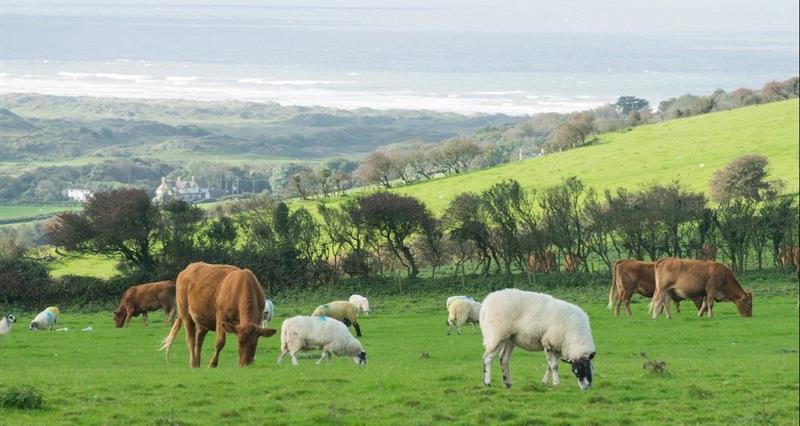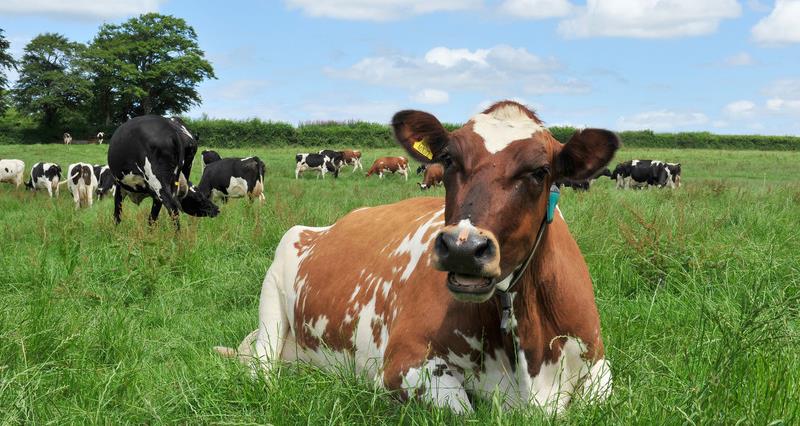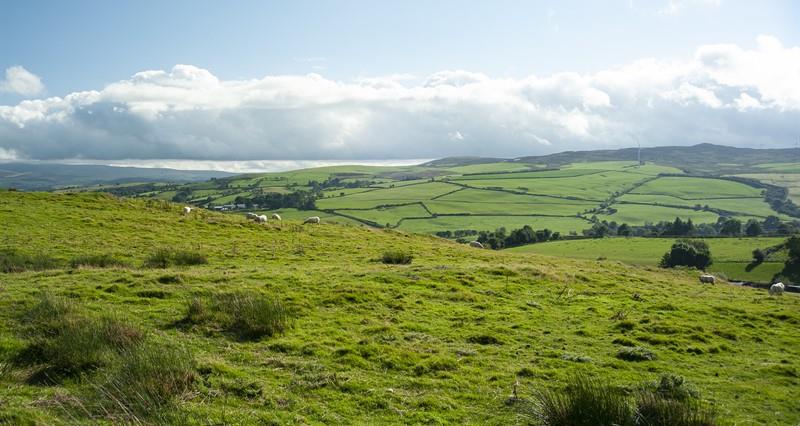During the visit, NFU advisers talked to NatWest representatives about the benefits that British livestock farming can bring to the environment – building soil fertility and biodiversity which all support climate action, and how farms support the local economy.
Complex data gathering
One key area of concern that both the NFU and NatWest agreed on were the complexities of gathering accurate environmental and emissions data on farm.
All major corporations in the UK must report on their Scope 3 emissions and write an annual ESG (Environment, Social, Governance) report. This is an important consideration since all the businesses that banks lend to, including businesses throughout the food and drink supply chain, are counted as part of the bank’s environmental and climate impact.
This highlighted the need for better and more accurate data for all farming and growing sectors.
Harmonisation of farm carbon accounting tools
For those in the beef and sheep sector, a recent study by ADAS found that greenhouse gas calculators have a very large variation in results, adding to the farm data collection difficulties.
Harmonisation of GHG calculators is a big part of this solution. This is something that the beef and lamb net zero roadmap is asking the government for, which the NFU supports.
Formal measurements
Similarly, there is no formalised way of measuring biodiversity and sequestration on farm. During the visit, David showed the group the realities of these difficulties.
For example, in neighbouring fields, David had different herbal ley success rates. He questioned how this would be accounted for when assessing the farm’s impact on the environment.
Likewise, a year of bad weather could make David’s on-farm emissions much higher than under ‘normal’ conditions.
Next steps
The visit gave the NFU an opportunity to highlight the challenges faced by both sectors in collecting information on emissions and environmental impact.
We look forward to continuing to work with NatWest and other banks to ensure that both farming and banking can work together proactively in this new and growing sphere.
NatWest has welcomed the opportunity to continue to work with the NFU to identify the latest peer reviewed, government backed, scientific evidence to ensure robustness in the science that measures the climate impact of agriculture in food production.
Our ongoing work in this area emphasises our ongoing support for the sector as it transitions towards net zero.
More from NFUonline:





